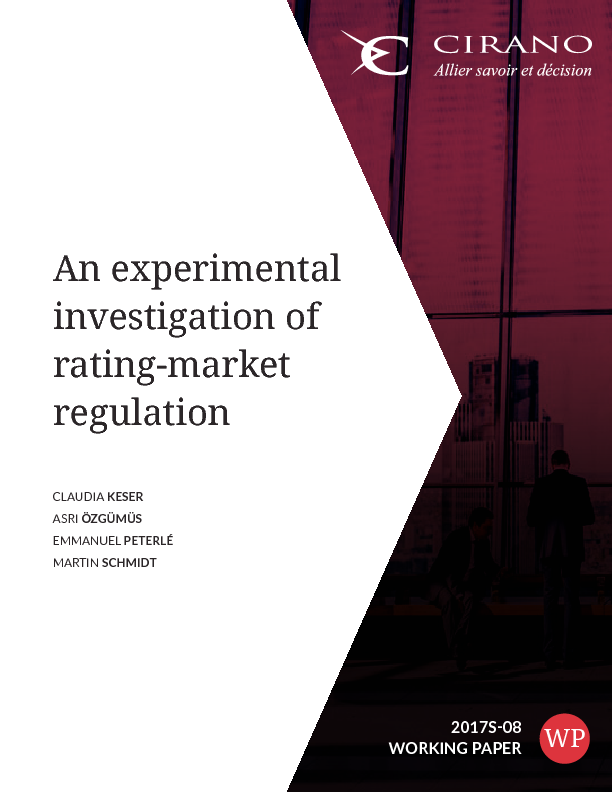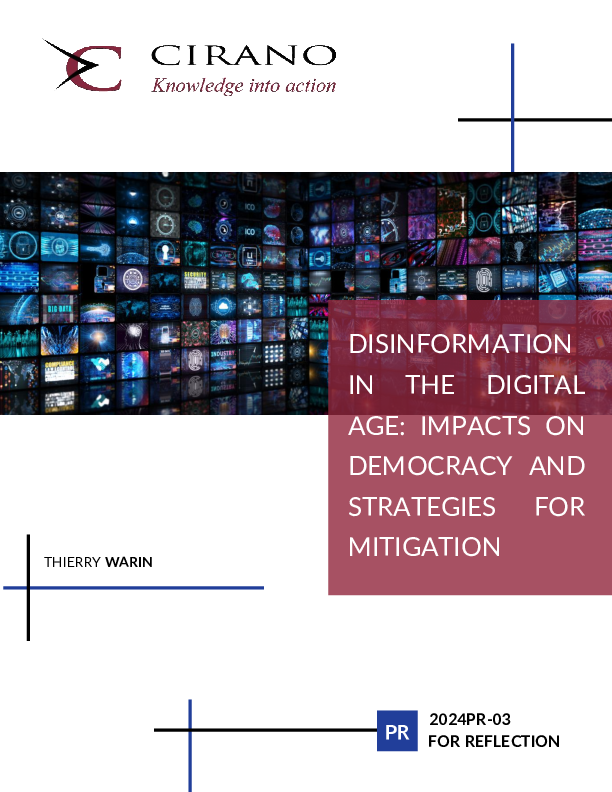An experimental investigation of rating-market regulation
We
introduce a simple game-theoretical model that captures the main aspects of the
repeated interaction between an issuer and a credit-rating agency. It involves
up-front payments of issuer-fees and direct publication of requested ratings.
Due to pecuniary injuries for untruthful ratings, the credit-rating agency should
always report truthfully in the subgame perfect equilibrium. Knowing this, the
issuer should never request a rating. Conducting laboratory experiments, we
find that behavior significantly deviates from the equilibrium prediction in
favor of a cooperative solution: issuers frequently do request ratings, which
is often reciprocated with untruthful good ratings.
[ - ]




